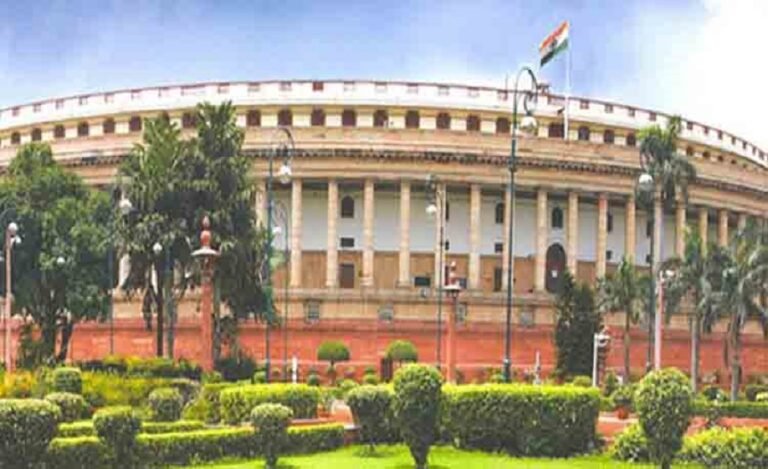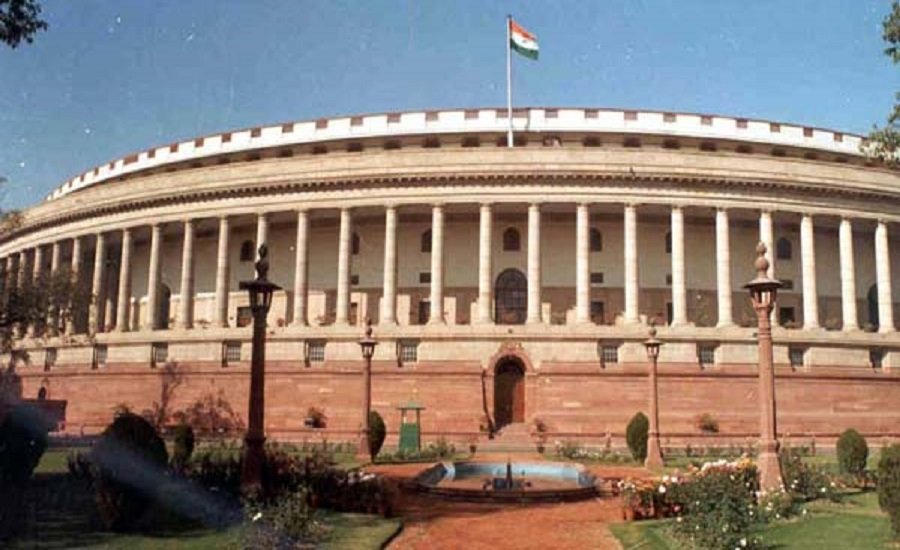

Since 53.26 per cent of people in Jammu and Kashmir speak Kashmiri, there was a need to include it as the official language of the state, the Union Minister of State for Home said.
Clarion India
NEW DELHI — The Lok Sabha on Tuesday passed the Jammu and Kashmir Official Languages Bill, 2020 with a voice vote, allowing Kashmiri, Dogri and Hindi, apart from the existing Urdu and English, to be official languages in the Union Territory of Jammu and Kashmir.
Speaking on the Bill, Union Minister of State for Home G. Kishan Reddy said that it was a demand of the people of Jammu and Kashmir that the languages they spoke should be official languages of the UT.
Since 53.26 per cent of people in Jammu and Kashmir speak Kashmiri, there was a need to include it as the official language of the state, he said.
The minister added that people in Jammu and Kashmir spoke as well as write Kashmiri, so there was no problem in including it as an official language.
As per the Bill, Kashmiri will be the official language along with four other languages–Dogri, Hindi, Urdu and English.
Reddy said that 26.64 per cent of the people in the UT spoke Dogri, while Urdu, which was currently an official language, was spoken only by 0.16 per cent of the population.
The minister said while the government was not against any regional language, the Bill gave importance to those 70 percent people who spoke Kashmiri and Dogri in the UT.
For the last 70 years, Urdu has been the official language of Jammu and Kashmir, he said, adding that 2.36 per cent of the population in the UT spoke Hindi.
Opposing the Bill, Hasnain Masoodi of the National Conference said the Central government did not have the legislative competence to frame a Bill in this regard.
He said it was wrong to say that only 0.16 per cent of the population in J&K spoke Urdu which was a link language between the Jammu region and the Kashmir Valley.
Masoodi asked that if only 0.16 per cent people in the UT spoke Urdu, why the government included it as an official language. No other state has five official languages, he added.
Participating in the discussion, Union Minister Jitendra Singh said that he was surprised as the National Conference was opposing the inclusion of Kashmiri as an official language because his party ruled in the region for almost 60 years in the name of “Kashmiriat”.
“You have exposed yourself in front of Kashmiris by going against the language,” he said.
The Bill was later passed by voice vote with Masoodi as the only Opposition member who objected to the draft legislation.
Reacting to the development, People’s Democratric Party, one of the major regional parties in J&K, posted a tweet in Urdu saying that this Bill eliminated the uniqueness of the Urdu language which remained the sole official language for nearly 150 years in Kashmir.
اردو تقریباً ڈیڑھ سو سال تک سرکاری زبان رہی۔اس کی انفرادیت کو ختم کرکے مزید تین زبانوں کو سرکاری زبان کا درجہ دینا یہاں لسانی تنازعات کا وجہ بن سکتی ہے۔اُردو نہ صرف ہماری شناخت کا حصہ ہے بلکہ جموں وکشمیر کے تمام خطوں کو ملانے والی اور سب سے زیادہ بولی اور پڑھی جانے والی زبان ہے۔
— J&K PDP (@jkpdp) September 22, 2020
People in Kashmir feel that the Bill is a move by New Delhi to undermine Urdu language which has been a significant and integral part of Kashmir’s culture.
Kashmiri, Dogri, Urdu, Hindi and English will now be the official languages of J&K. Earlier URDU was only official language of J&K by adding all these language govt is trying to erase URDU from history of J&K. Urdu ko dafan krna ka lia Sb kia ja raha ha. #JammuAndKashmir
— Guftar Ahmed (گفتار احمد) (@GuftarAhmedCh) September 23, 2020
Moreover, the Bill leaves Gojri language out of the list of official languages making Gujjar community feel dejected. The community activists say that despite a significant population of the J&K having Gojri as their mother tongue, the government has not recognised it as an official language.
“Gojri is the mother tongue of over two million people and spoken in every district and yet they have left it out. This is wrong,” Zahid Parvaz Chaudhry told Clarion India. “At least Gojri should have been placed in the 8th schedule.”
Union Home Minister Amit Shah later said in a tweet that it was a momentous day for the people of Jammu and Kashmir. “With this historic Bill…Long-awaited dream of the people of J&K comes true! Kashmiri, Dogri, Urdu, Hindi and English will now be the official languages of J&K.”
Under the Bill, Shah said that special efforts would be made for the development of major regional languages like Gojri, Pahari and Punjabi.
(With inputs from IANS)